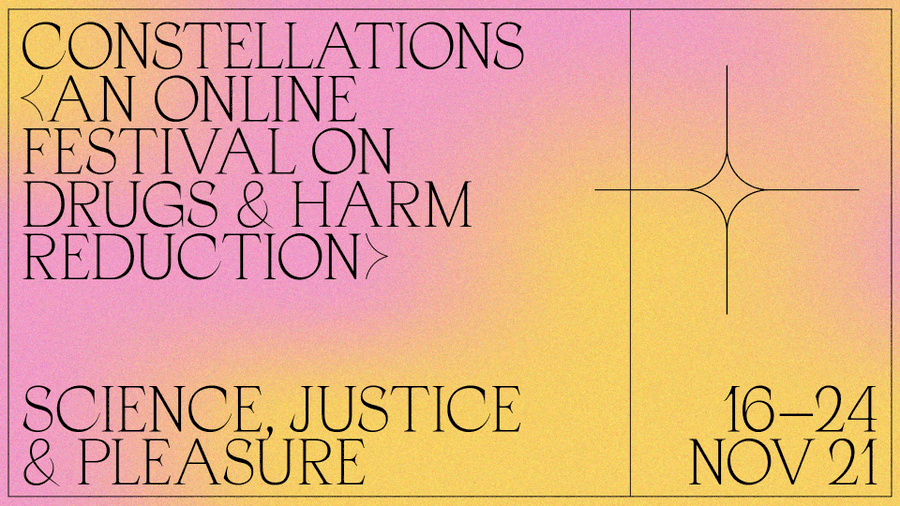For some time I have believed that we, citizens of Western societies, are going through an existential crisis, caused by a growing gap between our material and spiritual existence. Capitalism has primarily fed the former, encouraging competition amongst ourselves for resources and nurturing feelings of inadequacy and insecurity to promote constant consumption and high productivity. Our society has endorsed the pursuit of material happiness and in the process emaciated our spiritual existence, either attempting to drown it in more superficial satisfactions or repressing it through a pharmacologically induced stupor.
Yet, we have reached the stage where those that have become disillusioned with Western society’s need to perpetuate human inequalities are realising that materialism does not equally satisfy our spiritual desires: we lack empathy, love and respect for one another, sentiments that provide profound fulfilment but cannot be bought at our local store.
Graham Hancock, a British author and journalist, noted in his TED Talk a conversation with Amazonian shamans who have identified this disconnection as the Sickness of the West, caused by our imbalanced focus on materialism, severing our connection with our Spirit. Reconnection could only occur with a change in Western consciousness that re-structures the hierarchy of our desires and promotes a healthy balance between our material and spiritual existence.
This shift in global consciousness could be catalysed by the use of psychedelics* and their effects on the user. The resurgence of psychedelic experiences in a psychotherapeutic setting has demonstrated their potential in promoting empathy, human interconnection and long-lasting spirituality in patients. Academia is slowly discovering how to wield these powerful substances and their effects, using them to transcend the confinements of our personal identity and relativize our materialistic concerns. Indeed, experiences have been described by users as mystical, carrying the potential to re-structure one’s life values and beliefs.
One of the characteristics of psychedelic experiences that aids this re-organisation and re-connection process is the sublimation of the ego, or ego death. With the disintegration of personal identity, the user can transcend past their individual perceptions and prejudices, providing an unprecedented ability for self-reflection. This event challenges the user’s perception of their identity, showing how societal stigmas and cultural identities can be a subjective cage that conditions human interactions and connections. By removing these prejudices, the user has an induced sensation of self-disintegration, becoming “One and All” as the boundaries of perception between themselves and what surrounds them are dissolved.
Becoming aware and a part of this universal consciousness is an enlightening and defining experience in psychedelic journeys. The philosopher Alan Watts defined this force as an eternal energy, where all forms of life are physical representations of it, each created in equal importance. We do not usually perceive the world in this interconnected way: our society emphasises our differences from other forms of life. We even categorise ourselves, using physical, religious and/or ideological differences as justifications for hatred and elitism. But psychedelics shatter these boundaries, instead reminding us of the significance of all members of our eco-system, promoting humility and respect between us all, including the flora and fauna that surrounds us.
Transcending our physical presence and visualising this universal stream of consciousness is a characteristic of psychedelic experiences that can challenge even our most ingrained fears. Our inevitable death is a source of intense anxiety that perpetuates our materialistic existence, as we are unaware (and consequently afraid) of what lies beyond for our consciousness so we offer great resistance. But becoming aware of this eternal energy can be a source of mental tranquillity, as it demonstrates that our physical demise is not the cessation of life, but marks our transcendence into the universal consciousness, the total transfiguration from One to All.
In a study using LSD to reduce end-of-life anxiety, for example, patients mentioned an “experience in which you feel … something else is out there that’s bigger than you, that there is a dazzling unity you belong to.” This revelation enlightens the user to an all-encompassing stream of consciousness that all sentient life derives from.
The insight that psychedelics provide into the human psyche is unprecedented; even with our rudimentary understanding of their effects, they have shown great potential in treating an assortment of conditions such as alcoholism, depression and post-traumatic stress disorder (PTSD).
But beyond their medical applications, psychedelics provide individuals with an altered state of consciousness that allows for philosophical introspection of the user’s values and understanding of reality. As we become sensitive to the greater collective consciousness, we may begin the work towards a societal restructuring, where we can interact harmoniously with our surrounding world and collectively eliminate the selfishness, anger and isolation that have caused our detachment from our spirit.
*When referring to psychedelics, I am including MDMA due to its quasi-psychedelic effects when consumed in large doses. It is also a substance that can promote critical introspection and empathy, much like other conventional psychedelics.


